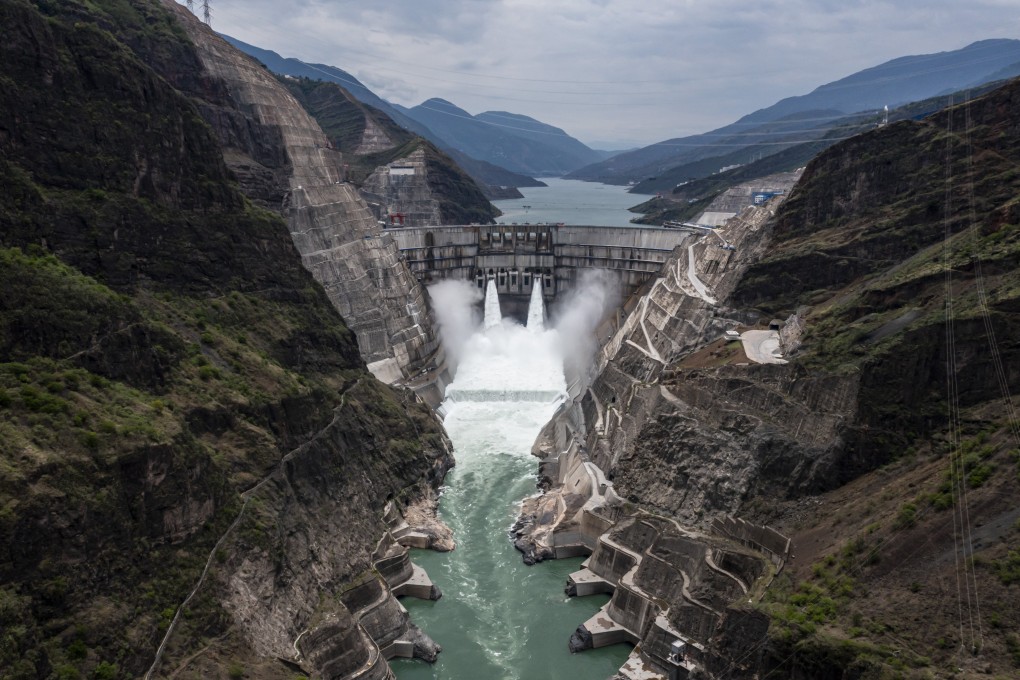Advertisement
Opinion | China is at the centre of Asia’s struggle for water security
- Massive dam-building projects aimed at strengthening China’s water supply are a major concern for neighbouring countries
- As a regional leader and ‘upstream superpower’, it is up to Beijing to establish fair and sustainable mechanisms for cross-border water sharing
Reading Time:3 minutes
Why you can trust SCMP
9

At the recent COP27 climate conference in Egypt, water security was high on the agenda.
One country that has long understood the value of water is China. In many ways, China’s history is one of water management. It is said that the unique hydrological conditions within China led to the creation of three historical miracles: China, Chinese civilisation, and the Chinese people.
In both ancient and modern times, Chinese rulers have acknowledged the importance of water as a weapon, as well as its role in maintaining social stability and securing their political leadership. This belief dates back to over 4000 years ago when Yu the Great of the Xia dynasty is said to have tamed the Yellow River, and was seen more recently during the 20th century when Chairman Mao Zedong swam in the Yangtze in a show of power.
Advertisement
Currently, China faces enormous challenges related to unequal water distribution; the densely populated north suffers from acute water shortages, whereas the south is prone to severe floods. Due to various factors like urbanisation, the demand for freshwater is quickly increasing. Forecasts project that, by 2030, China’s water demand will surpass 800 billion cubic metres.
However, the country’s water supply is severely undermined by interlinked factors of water scarcity, urbanisation, population growth, pollution, and competing water demands.
Advertisement
China’s approach to water management has traditionally been engineering-focused, as shown by the construction of many inter-basin transfer projects and hydropower dams. This approach is reinforced by official policy documents such as national and provincial five-year plans.
Advertisement
Select Voice
Select Speed
1.00x
